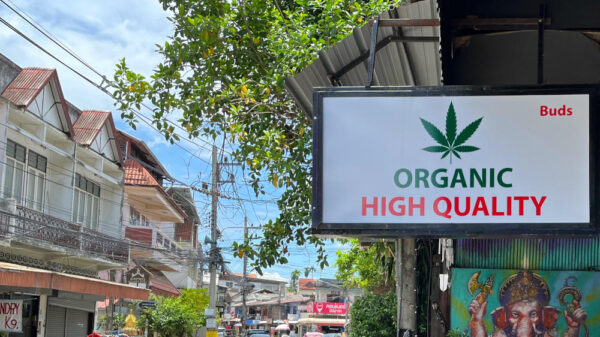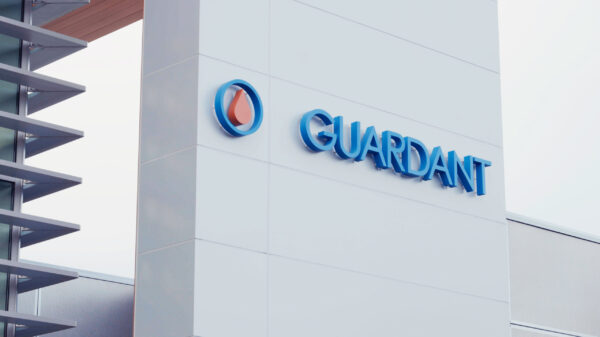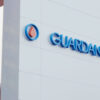The United Kingdom’s National Health Service is aiming to get five million residents who are eligible for cancer screening to go get themselves checked out. Only 10 out of 15 million who are eligible do, a problem that has now inspired development of a national uptake improvement plan.
This new scheme was recently revealed to the nation’s House of Lords by UK health minister Baroness Gillian Merron. Local media reported on the development Tuesday.
Merron is primarily concerned with breast cancer screening. She explained that the number of women getting examined nationwide has steadily declined over the past decade.
However, other cancers from the disease group are being considered in the new uptake plan too.
“We do need to continue to drive up the take-up on screening across various cancers,” Merron told her government peers, “not just breast cancer, but other programmes in terms of cervical, bowel and there will be a lung cancer screening program as well.”
Screening remains one of the most effective ways to find cancer earlier. If you’re eligible for screening, don’t ignore your invite.
Find out more at https://t.co/j2xZYTjlbg#BeTheEarlyBird pic.twitter.com/AAVR31ZQcj
— NHS Forth Valley (@NHSForthValley) September 3, 2024
Read more: Breath Diagnostics takes aim at lung cancer with One Breath
Read more: Breath Diagnostics pioneers novel lung cancer breath test
Lung cancer: the nation’s #1 killer
Although an unfavourable rate of breast cancer screening in the UK is a concern, lung cancer remains the country’s top killer. Cancer Research UK says more than one fifth of all cancer-related deaths in the nation between 2017-2019 were attributable to the disease.
About 35,000 out of the 48,000 who are diagnosed in the UK every year will die from the lung disease.
Unfortunately, testing methods available today generally tend to be expensive, time-consuming, invasive, inaccurate and involve the use of radiation.
Low-dose computed tomography (CT) scans, which are currently the only FDA-approved screening method for lung cancer available today, have a false positive rate of over 96 per cent. Despite such flawed accuracy, this is the number one screening technique used in the UK, the U.S. and Canada.
Enter Breath Diagnostics
Fortunately, one Kentucky-based company has been working to solve this issue. Breath Diagnostics Inc. has developed a novel lung cancer testing method that simply requires patients to breathe into a bag.
Through the use of a small advanced MicroReactor machine, organic compounds in the breath sample can be stabilized and sent to a lab for analysis. Accurate results are then returned in only three to four business days.
This innovative technology has been studied in over 800 patients across three clinical sites. In peer-reviewed studies, it has been shown to achieve a similar sensitivity but a much higher specificity and significantly lower false positives than CT scans when it comes to detecting the disease.

How it works. Image: Breath Diagnostics Inc.
rowan@mugglehead.com














